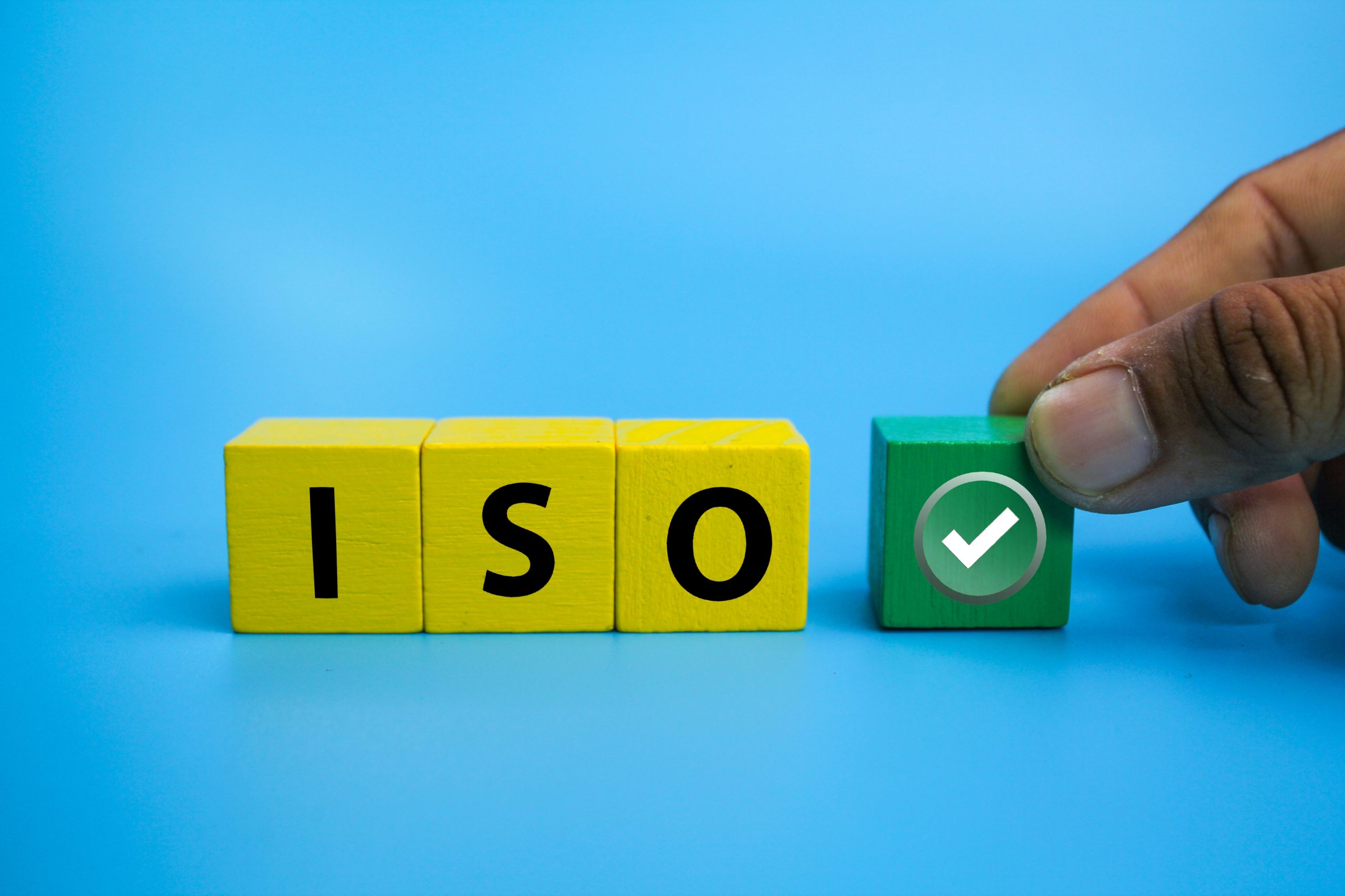New ISO Guidelines on Corporate Social Responsibility
The International Organization for Standardization (ISO) has unveiled a new version of its popular ISO 26000 standard, a guide on social responsibility, which could redefine how businesses worldwide consider their impact on society and the environment.
Originally published in 2010, the ISO 26000 standard provides guidelines on how organizations can operate in an ethical and transparent manner to contribute to sustainable development. The new revision, ISO 26000:2023, introduces a range of significant changes that reflect the growing expectations of consumers and investors for responsible business conduct.
One of the most important updates to ISO 26000:2023 is a stronger emphasis on the United Nations’ Sustainable Development Goals (SDGs). The new standard encourages businesses to align their social responsibility strategies with these goals, to contribute more effectively to the fight against climate change, poverty, and inequality.
Additionally, ISO 26000:2023 introduces clearer guidelines on ethical corporate governance, including measures to prevent corruption and bribery, as well as to ensure data privacy and the protection of human rights.
“Social responsibility is no longer an option for businesses. It’s a necessity,” said Sergio Mujica, Secretary-General of ISO. “With ISO 26000:2023, we provide businesses with a clear and comprehensive roadmap to operate responsibly and contribute to a more sustainable future.”
Businesses are being encouraged to adopt the new ISO 26000:2023 and demonstrate their commitment to social responsibility and sustainable development. While ISO 26000 is not a certifiable standard, it serves as a valuable management tool for organizations seeking to improve their reputation, reduce their risk, and differentiate themselves in an increasingly ethics- and sustainability-conscious market.
Author









